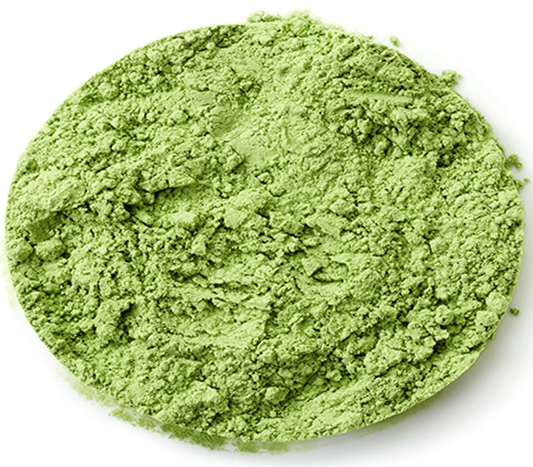Intermittent Fasting: Is it good for Health?
Often the question arises whether the fasting is good for our body or not? Fasting is defined as abstaining from the food for a stipulated period that can either be of food or even water. Fasting is the very cheapest and effective treatment in the case of various disorders. There are various types of fasting in practice these days such as intermittent fasting, alternate-day fasting, the daniel fast, time-restricted fasting and so on. Nowadays, intermittent fasting has become a very popular way where fasting starts and stops at various intervals. The outcomes of this type of fasting are quite effective and long-lasting.
Even we know that most of the individual fast to reduce fat and weight, as a religious or spiritual or auspicious ritual, and to detox the body. Moreover, fasting is different from starvation, as in starvation the involuntary absence of the food is bad for health and the matter of concern. Here this best way helps us to attain better benefits.
Intermittent fasting is also called cyclic fasting where the fasting remains for 14 hours or can be up to 48 hours.
Benefits & Effects of Intermittent Fasting on Our Health
1. Gastro-Intestinal Tract :
Our gastro intestinal tract is prone to develop various toxins in the body due to direct assimilation in the bloodstream and can accumulate in any part of the body and develops consequences. So, in this case, fasting helps to curb the toxins and even increases the digestive fire, which won’t allow the production and accumulation of those toxins. It also helps to maintain a regular bowel habit, relieve constipation and maintain the gut flora.
2. Higher Mental Functions :
Intermittent fasting also helps to maintain and improve the higher mental activities. Satva concerned with the higher mental functions, so to improve Satva, Upvasa (fasting) is the beneficial and easiest way to attain better health.
3. A long Lifespan :
Even fasting helps to rejuvenate the body cells, restores the structural deformities and regulates the normal functions. Fasting increases the metabolic process and improves the digestion related activities, thus, improves the life span of the individual by eliminating the morbidities from the body. Even fasting delays the degenerative changes and slows down the aging process.
4. Enhance Energy Level :
Despite declining energy, fasting helps to boost up the energy levels in the body. It eliminates free radicals from the body and revitalizes the body with a good amount of energy and makes you healthy and energetic the whole day.
5. Boost Immunity :
Our immune system plays a major role in maintaining health. Moreover, good immunity is helpful to avoid diseases and prevents the body from various infections.
6. Weight Reduction :
Obesity is the major reason for the production of various diseases in the body. So to cut down or burn the extra fat from the body fasting is a perfect choice.
Ayurvedic Concept of Fasting
In Ayurveda, fasting is defined as langhana where the patient is guided for avoiding the intake of foods along with some lifestyle modifications to treat the diseases. It is the ancient but more potent as in Ayurveda mandagni is considered as the root cause of all the diseases which further led to the formation of Ama in the body. If that Ama is eliminated from the body individual will be free from diseases. So, to digest that Ama Langhna (Fasting) is the best treatment.
Why is Fasting Needed?
In today’s life everybody relies upon junk foods, fermented foods, unctuous foods, heavy foods, etc. and also these days, living a sedentary lifestyle, doing sitting jobs, lack of exercises lead to accumulation of toxins in the body which is the major reason for the development of various problems. So to counteract these problems, fasting is a better way that too in a small interval of timings and on and off fasting is a usually recommendable plan, to stay healthy and fit.
What are the Ways to do Fasting?
Fasting is not as simple as that, you just avoid the food, but there are some regulations that you need to follow during fasting. Before fasting, you should consider the health, and then decide the hours according to body type.
For example – Kaphaja Prakruti individual can fast for long hours. i.e. about 16- 24 hours.
Pitta Prakruti person – should do fasting, moderately i.e. about 14- 18 hours.
Vata Prakruti individual – Should do very minimal fasting i.e for around 10 to 12 hours.
Criteria for Beginners
Beginners should start with short intervals. Then gradually increase their timings. Initially, they can abstinent solid food and take a liquid diet. Later on, they can avoid liquid stuff too.
When to Avoid Fasting?
Individuals should avoid intermittent fasting if suffering from severe weakness, extremely debilitating, and immune-compromised patients.
Signs of Proper Fasting
- Uncoated tongue
- Clear vision
- Improved mental functions
- Regular hormonal balance
“Maintain fasting as a part and parcel of your life, but you should avoid over fasting”.

